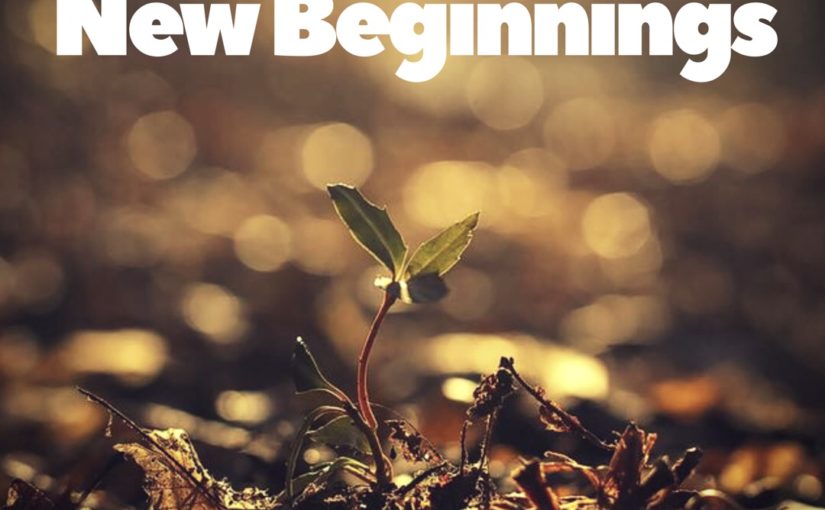It is almost impossible for me to be still. I even fidget when I am sitting down doing “nothing.” I am worst at home where there are always something that needs to be done… dishes waiting to be washed, dirty clothes to pick up, furniture to dust, bills to pay, and the list goes on. How on earth can I sit still and relax?The first part of Psalm 46 says “…the earth give way and the mountains fall into the heart of the sea though its waters roar and foam and the mountains quake with their surging” (v 2 & 3). That description brings to mind all of the recent disasters that have occurred. An earthquake and tsunami in Indonesia, to volcanos erupting in Hawaii and Guatemala, resulting in entire communities being wiped off the face of the earth. Then in verse 6: “Nations in uproar, kingdoms fall…” This again brings to mind the wars being waged right now in many countries in the Middle East. Earthquakes, tsunamis, volcanic eruptions, devastating hurricanes, wars – these situations provide a perfect excuse for anybody to panic, to be in a frenzy… certainly not the time to just be still!
However, the Psalmist wants us to see that in the midst of all the turmoil and catastrophes, God is in charge and is very much in control. “Come and see what the Lord has done, the desolations he has brought on the earth. He makes wars cease to the ends of the earth. He breaks the bow and shatters the spear; he burns the shields with fire” (v 8 & 9). Nothing happens without His direct intervention! Then he says: “Be still, and know that I am God…” Another way of saying this is: Stand back kid! Just watch! I am about to do something that is going to blow you away!”
There are many right now, who are facing certain challenges that threaten their sanity and stability. There are many who have lost jobs, many who have lost their homes. Some could currently be losing their very family because of divorce. There are those who are facing challenges that threaten their very existence due to a fatal illness or debilitation. However, there are many whose challenges may not be as big, but could be equally debilitating: living with obnoxious teens, living beside a problematic neighbor, working with an impossible boss, or always having to make ends meet from paycheck to paycheck.
In the midst of big or small challenges, often our tendency is to panic, fret, or get frantic.
God sees and knows what we are going through. He wants to remind us that in whatever situation, He is there, and He wants to be exalted (v 10 & 11). Every impossible situation is a perfect opportunity for Him to display His power and magnify Himself. So, instead of getting frantic, trying this or that…simply, stand back, and trust Him to impress you and show you what He’s got!
He says, “Be still and know that I am God…” – Psalm 46:10








